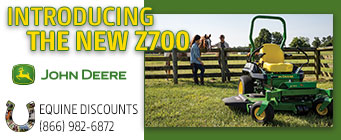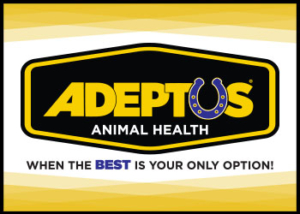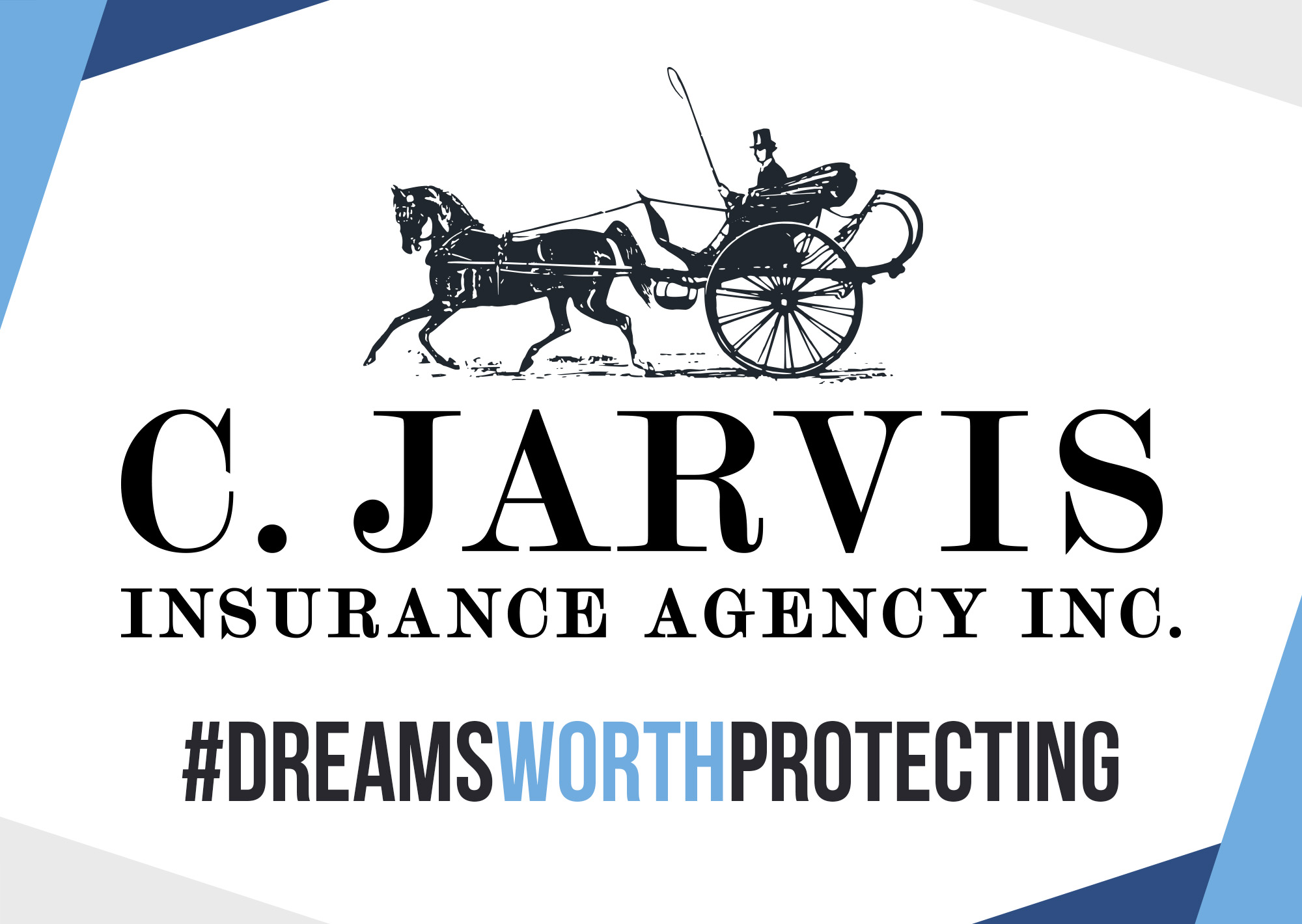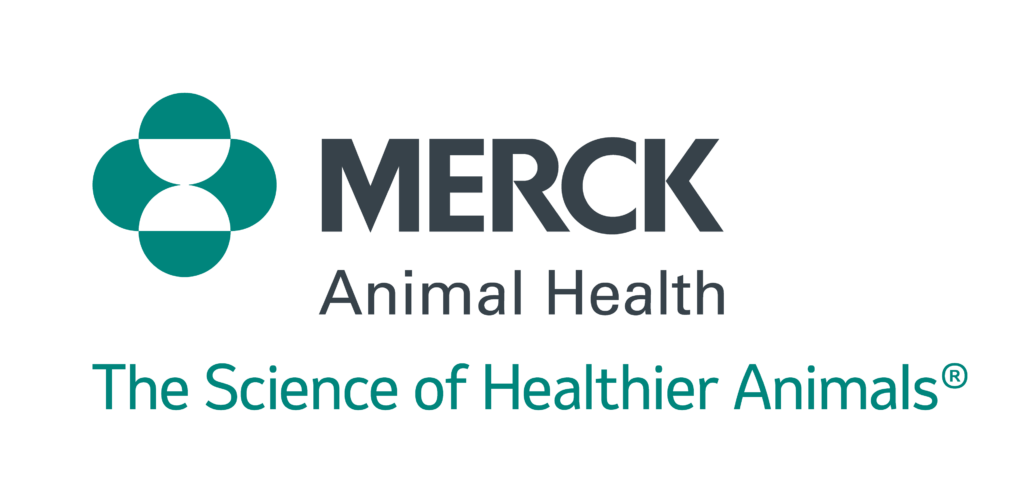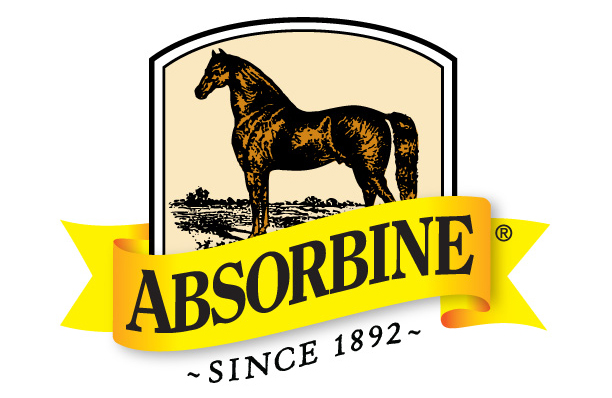On October 29, 2015 Senators Thom Tillis (R-NC), Barbara Mikulski (D-MD), Mark Warner (D-VA), and Bill Cassidy (R-LA) introduced the Save our Small and Seasonal Businesses Act of 2015. The bill would make many needed reforms to the H-2B temporary, non-agricultural worker program that will make it less burdensome for employers, including those in the horse industry to use.
The H-2B program is used by members of the horse industry, principally horse trainers and owners who cannot find American workers to fill semi-skilled jobs at racetracks, horse shows, fairs and in similar non-agricultural activities. However, On April 29, 2015, the Department Homeland Security (DHS) and Department Labor (DOL) issued a final interim H-2B temporary guest worker program rule and a final wage rule. These rules have made the H-2B program even more costly and burdensome for employers who are forced to use the program. These rules were opposed by the American Horse Council and other industries that rely on the H-2B program.
Save our Small and Seasonal Businesses Act of 2015
The bill would make several important reforms to the H-2B program and roll back some of the most burdensome provisions of the 2015 H-2B rule. It also would exempt returning workers from counting against the 66,000 annual visa cap. Specifically, the bill would do the following:
Create an H-2B returning worker exemption;
-
- Require wages to be based on the job category and experience level required, rather than an artificially inflated the median wage;
- Allow the use of private wage surveys;
- Return the H-2B program to an attestation based process rather than a time consuming and costly verification based process;
- Specify that H-2B employers do not need to provide housing to their workers, allow for payroll deductions for housing in accordance with the Fair Labors Standards Act;
- Specify that for H-2B workers, full time is considered 30 or more hours per week and seasonal need is 10 months;
- Require employers to reimburse H-2B workers for their transportation costs from the consulate or previous worksite to the place of employment after the H-2B worker completes at least 50% of the work contract, as well as require the employer to pay return transportation costs to the consulate or new worksite;
- Allows for staggered crossing of H-2B workers;
- Allow for the replacement of an H-2B worker who leaves the job before the completion of the job term;
Provides for conditional approval for H-2B workers by DHS once the cap is met so that visas may be issued in the order approved if cap numbers become available;
- Require DHS to publicly post on a website the cap count, the annual number of target beneficiaries, the cap count methodology it is using, number of H-2B visa petitions approved and received during the past five years’ and other items;
- Require the Government Accountability Office to conduct a study on the DHS cap count methodology and its accuracy; and
- Specify that DHS has exclusive authority to issue H-2B rules and final determinations.
Improvements to the H-2B program have been a priority of the horse industry for many years. The difficulty horse farms, horse shows, trainers and others have had recruiting American workers has forced many to use the H-2B program to meet their labor needs, even though it is costly, time consuming and unreliable.
This bill would overhaul the H-2B program and fix some of problems that have plagued the program while maintaining protections for both American and H-2B workers.
The American Horse Council supports this important legislation and urges members of the horse industry to contact their Senators to voice support for the bill.



